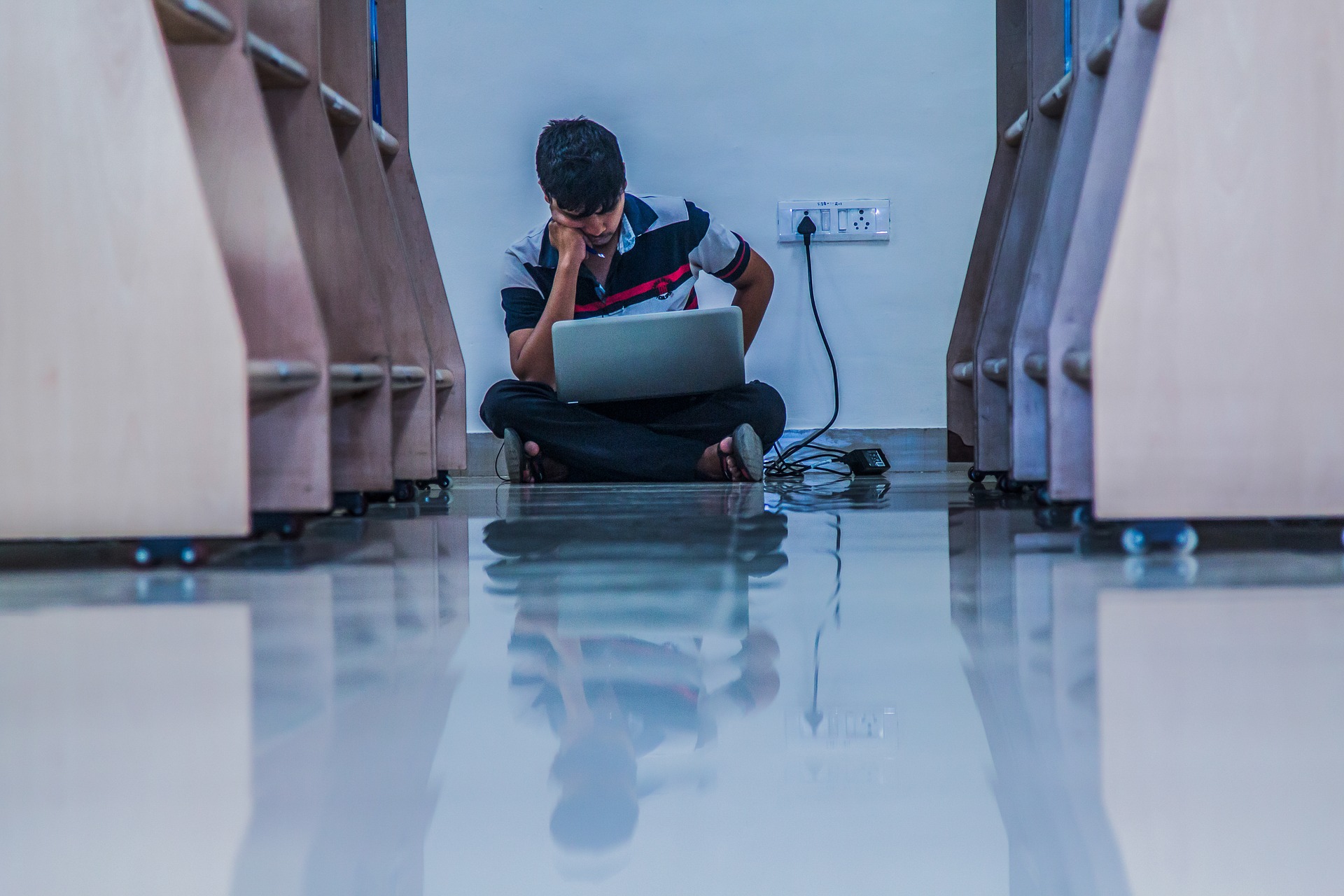ENTREPRENEURSHIP
Entrepreneurship between two shores

Mediterranean basin, two shores, 24 countries spread over three continents, being born on one shore or the other determines the prerequisites for starting a self-employed activity in Spain. These requirements are simpler in the case of being a national of a European Union country, given that access to residence with work authorisation is quicker and with fewer administrative hurdles.
However, being a national of a non-EU country: Albania, Algeria, Bosnia, Egypt, Iran, Israel, Jordan, Lebanon, Libya, Macedonia, Morocco, Montenegro, Serbia, Syria, Tunisia and Turkey, implies applying for a residence and work permit on one's own account, either from the Spanish Consulate in the country of origin or from Spain.
For the last decade, the Spanish administration has been committed to attracting entrepreneurial talent, understood as business promoters of an innovative nature with an impact on job creation, as reflected in Law 14/2013, of 27 September, on support for entrepreneurs and their internationalisation.
Currently, a modification of the immigration regulations has just been approved that makes the procedures for obtaining a self-employed work permit more flexible, whether the person is in the country of origin or in Spain as a student or in an irregular administrative situation, favouring individual self-employment and finally attending to people engaged in professional activities who have often seen their application rejected for being considered "a mere proposal for self-employment". Another important aspect of the reform is the granting of a work permit in a broad sense, and not limited to employment or self-employment. This is a historical demand that allows people from the Mediterranean to adapt to the Spanish labour market.
Until now, the fact that an entrepreneur has been carrying out his or her activity in the country of origin has not meant that it has been easier to start up a business in Spain, although this is a crucial aspect in the success of a business. Experience adds up in favour of obtaining a work permit and entails knowledge of the market, suppliers, clients, etc., which must be valued.
Obtaining a residence and self-employment permit is the first of the administrative barriers that an entrepreneur of foreign origin in Spain faces, but it is not the only one, there are other aspects that must be taken into account. There is a cultural component (beyond the regulatory one) related to the differences or similarities between entrepreneurship in the country of origin and in Spain. It is clear that these differences will be smaller for people from the European shore and greater for those from the rest of the Mediterranean countries. This is what is known as economic diversity, which Spain must learn to exploit given its economic potential.

In the last five years, 20,500 residence and self-employed work permits have been granted, and in the first quarter of this year, 496 were granted, 30 per cent under the category of company directors and managers, 17 per cent for technicians and scientific and intellectual professionals, and 15 per cent for shop assistants and the like. These legal changes are expected to increase the number of entrepreneurs, who have experience in business management and who are essential to the Spanish economy.
As for the country of origin, they come mainly from Morocco, Algeria, Iran, Syria and Lebanon and mostly opt for the constitution of a Limited Company, a legal form that offers greater legal protection as opposed to the figure of the natural person (very unknown outside Spain). 52% of the residences are granted to women and 48% to men.
If we look at the businesses created according to nationality in the Mediterranean basin, Morocco stands out as the main nationality in terms of the number of Social Security contributors and third in terms of the number of entrepreneurs. The type of business is related to the service sector, local retail shops, mainly greengrocers offering other types of basic products; mechanical workshops and food and beverage services.
The other nationalities do not have great statistical weight, although they do not cease to carry out other types of commercial activity, wholesale trade, import and export of ceramic products, construction in general, foodstuffs such as saffron are common in companies run by citizens of Libya, Iran, Egypt or Tunisia.
The response time of the administrations is the last factor hindering the start-up of new economic activities. Preparing the documentation, submitting it to the authorities, and the subsequent resolution of the application process means a temporary break for the individual between the desire to start a business and the actual start-up of the business, given that, in both cases, the resolution time is not short. On the contrary, it is between three and seven months. The new reform of the Aliens Regulation stresses the need to reinforce the administrations that have to review and resolve the cases.
Therefore, it is clear that being born on one shore or the other can involve a legal and administrative tangle that goes beyond the will of individuals to start a self-employed activity.
